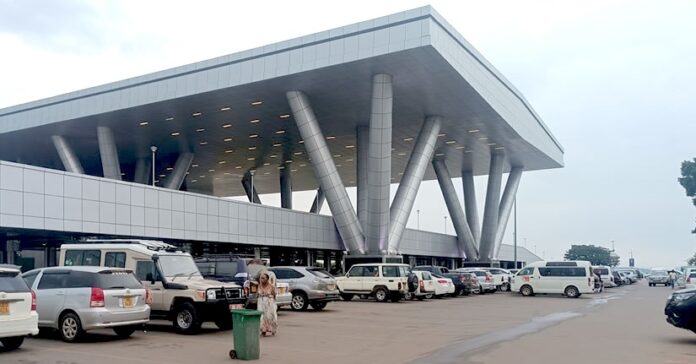Data from July indicates significant growth in Uganda’s cargo handling, with imports reaching 1,618 metric tonnes, up from 1,579 tonnes in January, and exports rising to 4,123 metric tonnes from 3,604 tonnes during the same period. This growth underscores the country’s increasing focus on improving its logistics infrastructure and trade facilitation.
Speaking at the third National Exports Logistics Dialogue, Works Minister Edward Katumba Wamala highlighted key government initiatives aimed at improving cargo movement. Among these is the plan to procure cargo planes for Uganda Airlines, a step intended to strengthen the airline’s capacity to support export logistics efficiently.
Additionally, the government is partnering with the private sector to establish a free port zone at Entebbe International Airport. The proposed zone is expected to boost trade, investment, and economic activity by reducing operational costs and bureaucratic hurdles for exporters.
The dialogue also provided a platform for exporters to voice their concerns, particularly about challenges in exporting goods. In response, Mr. Katumba emphasized the government’s ongoing efforts to address these issues. Key interventions include:
Reviving Uganda Airlines: The reintroduction of the national carrier aims to lower air transport costs and enhance connectivity for both passengers and cargo.
Upgrading Entebbe International Airport: Improvements are underway to increase the airport’s handling capacity, ensuring it meets growing demands for both passenger and cargo traffic.
Constructing Kabalega Airport: Located in Hoima District, the new airport is nearing completion and is poised to improve transportation networks within the country.
Also Read:The progress of The completion of Uganda’s Second International Airport
Regional Airport Upgrades: Eleven regional airports, including those in Arua, Kasese, Gulu, and Mbarara, are being upgraded to international standards to handle passenger and cargo flights.
Mr. Kenneth Ayebare, Chairman of the Private Sector Foundation Uganda’s transport and logistics sector, also weighed in on the need to address the imbalance between imports and exports. He noted that many containers arrive in Uganda full of imports but leave the country empty.
“The reason why we are organizing such dialogues is to find ways in which containers leaving our country should be full rather than going empty. Exporters can take advantage of this opportunity by increasing exports of agricultural products and other goods,” Mr. Ayebare said.
These initiatives reflect a comprehensive approach to bolstering Uganda’s trade competitiveness, addressing logistical bottlenecks, and fostering economic growth.

